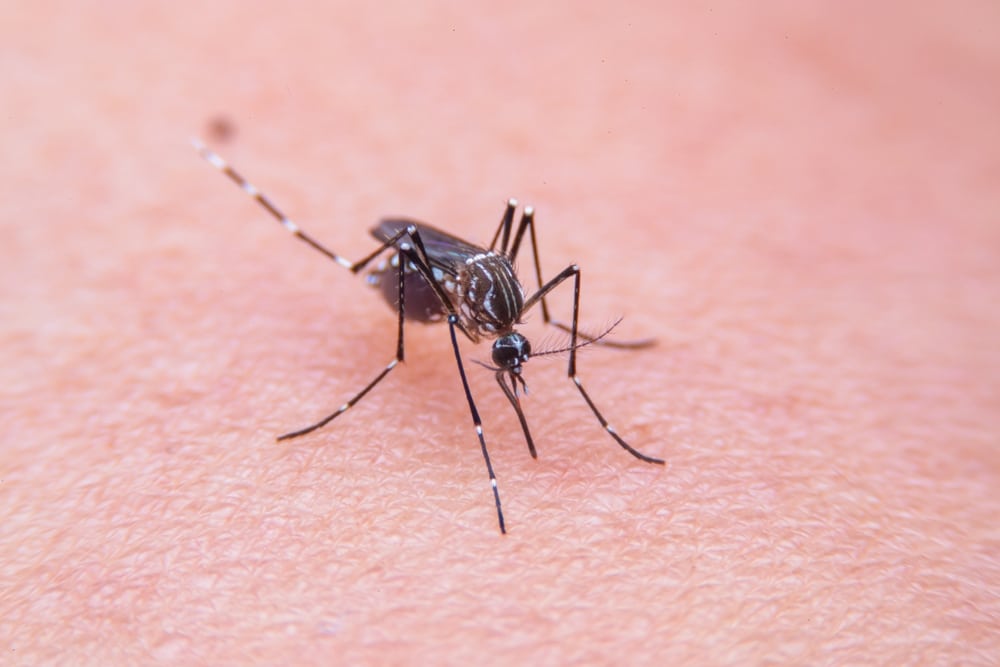There’s something about us that mosquitoes just love. In addition to our smell, and our breath, our exposed skin acts as a kind of neon sign advertising that this blood bar is open for business.
That’s because mosquitoes use infrared sensing in their antennae to track down their prey, a new study has found.
In many parts of the world, mosquito bites are more than an irritation, capable of spreading pathogens like dengue, yellow fever, and Zika virus. Malaria, spread by the Anopheles gambiae mosquito, caused more than 600,000 deaths in 2022, according to World Health Organization statistics.
To avoid serious disease, or even just a case of maddening itchiness, we humans are pretty keen to find ways to prevent mosquito bites.
Research led by scientists from the University of California Santa Barbara (UCSB) found that mosquitoes use infrared detection – along with other cues we already knew about, like a nose for the CO2 in our breath, and certain body odors, to seek out hosts.
“The mosquito we study, Aedes aegypti, is exceptionally skilled at finding human hosts,” says UCSB molecular biologist Nicholas Debeaubien.
But mosquitoes’ vision isn’t too good, and smells can be unreliable if it’s windy or the host is moving. So the team suspected infrared detection might offer the insects a reliable aid in finding food.
Only female mosquitoes drink blood, so the researchers presented cages each containing 80 female mosquitoes (around 1-3 weeks old) with a variety of dummy ‘hosts’ represented by combinations of thermoelectric plates, CO2 at the concentration of human breath, and human odors, and recorded 5-minute videos to observe their host-seeking behaviors. […]
— Read More: endtimeheadlines.org




